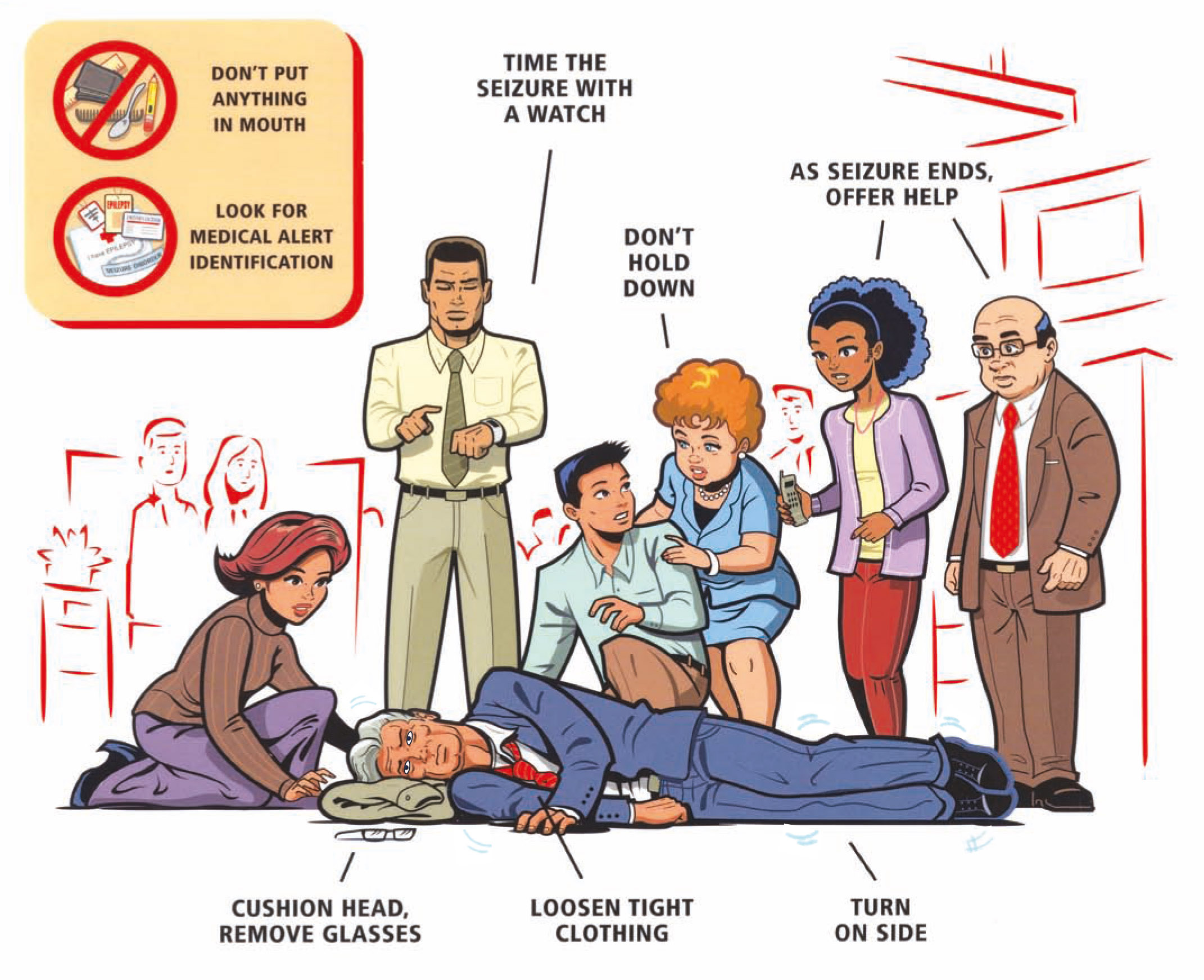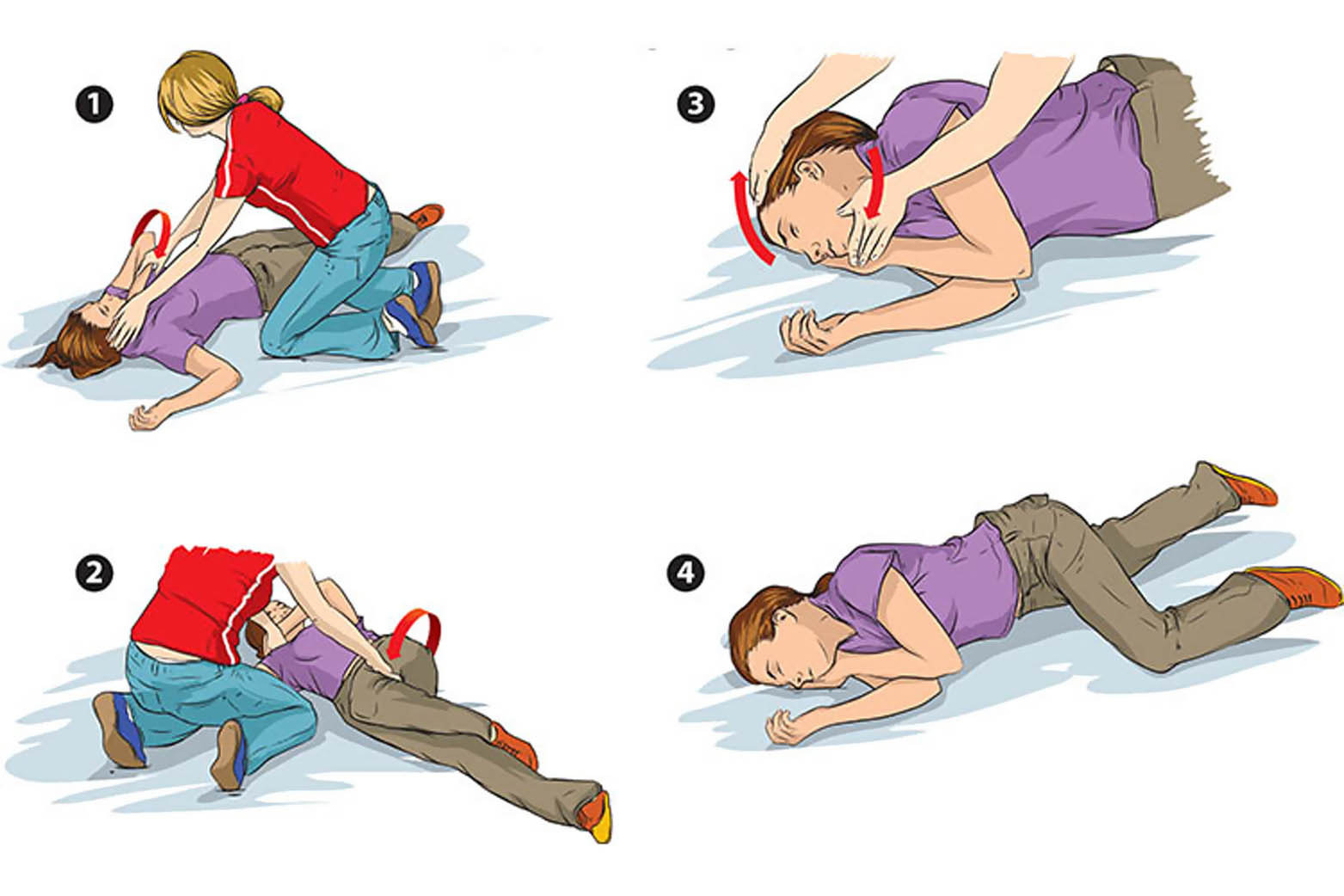Epilepsy, Epileptic seizures

In the face of epilepsy, the first reaction was to insert spoons, chopsticks, or even fingers into the patient’s mouth. Everyone does not seem to worry about his fingers being cut off and is willing to sacrifice in order to prevent the patient from biting his tongue. As everyone knows, such actions are very dangerous. If the object inserted into the mouth is fragile, it will easily cause the debris to slide into the respiratory tract, causing a fatal crisis. If the inserted object is a hard object, when open the mouth by force, it will easily lead to the patient’s teeth broken, even the consequences of dislocation or soft tissue injury. Broken teeth may also slide into the respiratory tract.

Cerebral Cortex Dysfunction
There are many causes of epilepsy. Any condition that can cause damage to the brain cortex can lead to epilepsy. Of course, there are a small number of causes that cannot be detected. The more common causes include meningitis, head trauma, brain tumors, brain abscesses, and the like. If the cerebral cortex is abnormally functioning, the abnormalities of brain cell potential are discharged in a paroxysmal, excessive, and out-of-order manner, resulting in changes in the brain waves, which can cause epilepsy. Epilepsy is also generally classified as partial seizure and generalized seizure.
Common epilepsy symptoms include eyes moving from side to side, closed jaws, foaming at the mouth, stiff limbs, and cramps. There are times when patients have incontinence or even biting tongues. Most patients will experience lethargy and confusion after seizures. Other epileptic symptoms include irregular twitching of limb muscles, localized twitching of hands, feet, or face.
The treatment of epilepsy can basically be divided into the disease management and treatment on causes of epilepsy. The management of epilepsy mainly relies on various anti-epileptic drugs. The treatments on causes of epilepsy vary on the type of diseases, which are the work of the medical staff in the hospital.
How can we help epilepsy patient when seizures happen?
When we discover someone suddenly fell to the ground and suffered from epilepsy, please remember to stay calm. Do not grab the patient or try to stop him from twitching. Please ensure that the surrounding environment is safe. If any dangerous objects such as broken glass are found on the ground, please assist to clean-up and prevent injury. The patient can be rolled up slightly to assist the patient in a side-to-side approach, allowing things in the mouth, including food or saliva, to flow smoothly out of the mouth and ensure that the airways remain unobstructed. Do not insert any hard objects into the patient’s mouth. Seizures usually stop spontaneously within a few minutes. Please accompany the patient until the attack stops. If continual convulsions last more than 5 minutes, or if epilepsy occurs continuously, patient needs to be sent into hospital immediately.





